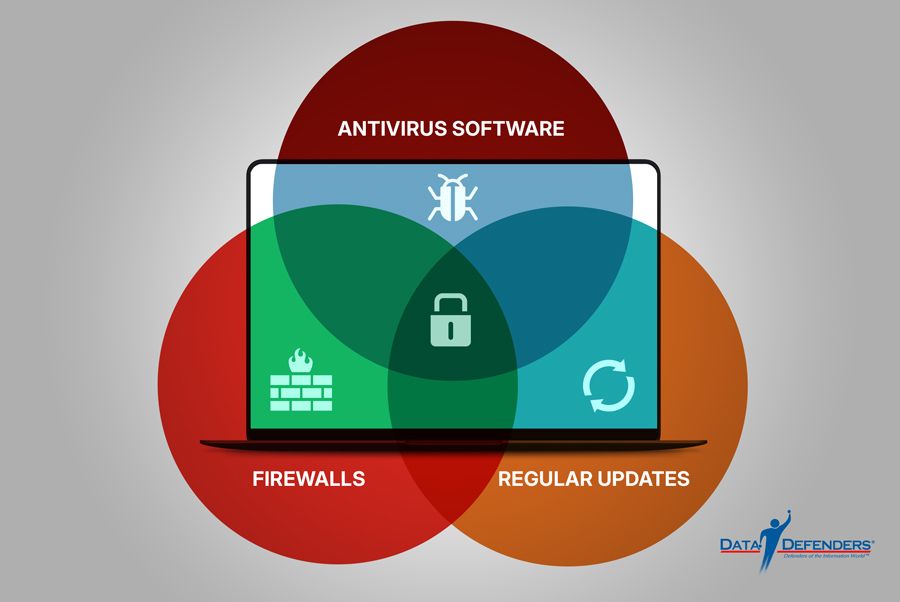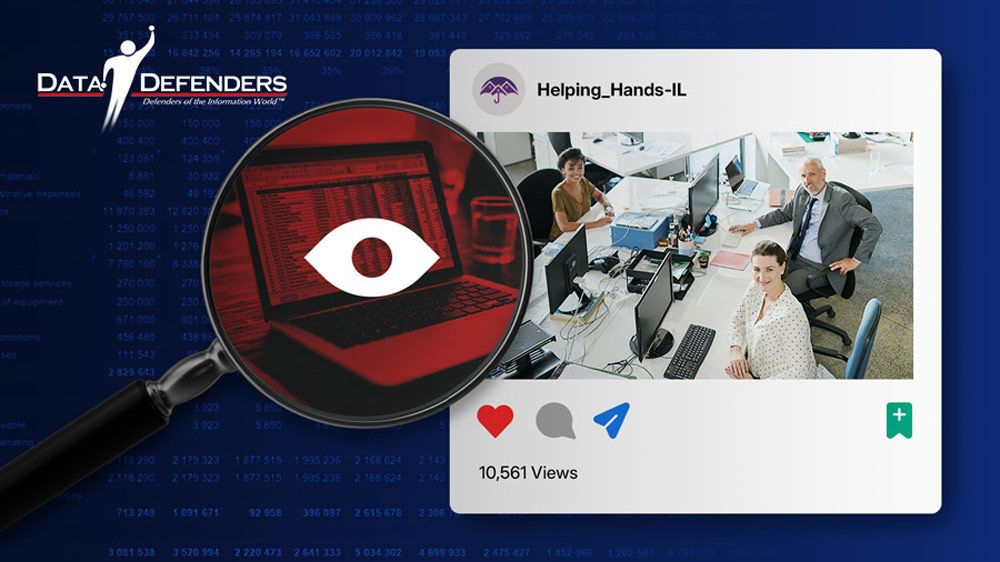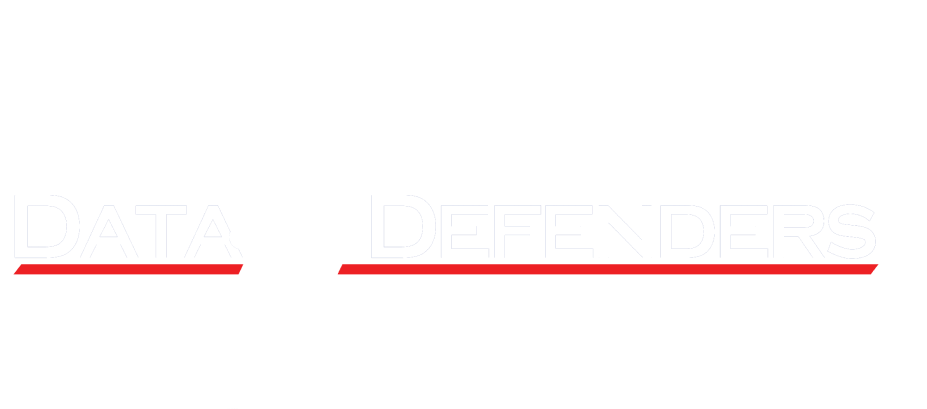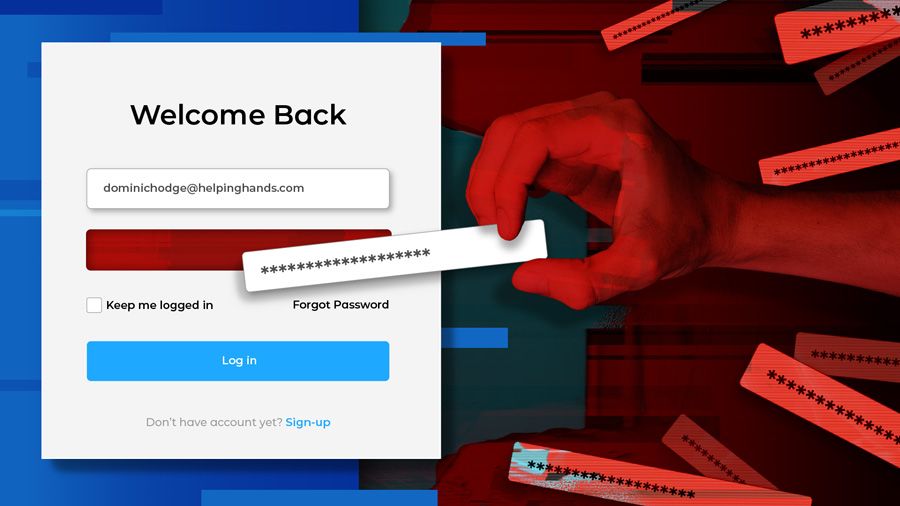Protecting Personal Data: Essential Cybersecurity Practices for Consumers
Introduction
In a digital world where data powers almost every aspect of life, protecting personal information has never been more critical. Cybercriminals are constantly seeking ways to exploit personal data for financial gain, identity theft, or worse. For municipal leaders, nonprofit executives, and cybersecurity professionals, ensuring personal data security isn’t just about safeguarding themselves—it’s about setting an example for others. In this blog, we’ll explore why personal data matters, key strategies to keep it secure, and what to do in case of a breach.
Don’t forget to check out our related article on The Rising Threat of Ransomware Attacks: Protecting Small Businesses, where we cover how businesses can stay ahead of cyber threats.
Why Personal Data Matters
Personal data includes information like your name, address, Social Security number, financial details, and online account credentials. If compromised, this data can be used to:
- Open fraudulent accounts in your name
- Gain unauthorized access to sensitive accounts
- Steal funds directly from bank accounts or other financial sources
Understanding the value of this data is the first step in protecting it from cybercriminals who trade it on the dark web or use it for targeted phishing attacks.
Safe Online Behavior
Adopting secure online habits can drastically reduce the risk of data theft:
1. Strong Passwords: Use long, unique passwords with a mix of letters, numbers, and symbols
2. Two-Factor Authentication (2FA): Add an extra layer of security by requiring a second verification step
3. Avoid Phishing Scams: Be cautious with suspicious emails or messages asking for sensitive information
Protecting Devices

Keeping your devices secure is crucial in preventing unauthorized access:
- Antivirus Software: Invest in reputable software to detect and block malware
- Firewalls: Use firewalls to block unauthorized access to your network
- Regular Updates: Update your devices and software to patch vulnerabilities
Social Media Risks

While social media is a great tool for networking and engagement, it’s also a playground for cybercriminals. Protect your privacy by:
- Limiting personal information shared publicly
- Regularly reviewing and updating privacy settings
- Avoiding oversharing, such as travel plans or personal addresses, which can be exploited by bad actors
Responding to a Breach
If your personal data is compromised, act quickly: 1. Freeze Your Credit: Contact major credit bureaus (Experian, Equifax, TransUnion) to prevent fraudulent activity.
2. Notify Financial Institutions: Alert banks and credit card companies to watch for suspicious transactions.
3. Monitor Accounts: Use credit monitoring services to keep an eye on new account openings or unauthorized activity.
4. File a Report: Notify law enforcement or the Federal Trade Commission (FTC) about the breach.
Conclusion
Personal data is a valuable commodity that cybercriminals relentlessly pursue. By following best practices for safe online behavior, securing your devices, and knowing how to respond to breaches, you can significantly reduce your risk.
Want to learn how to protect your organization? Contact a cybersecurity expert here.
Dive deeper into protecting your business by reading our blog on The Rising Threat of Ransomware Attacks: Protecting Small Businesses.

